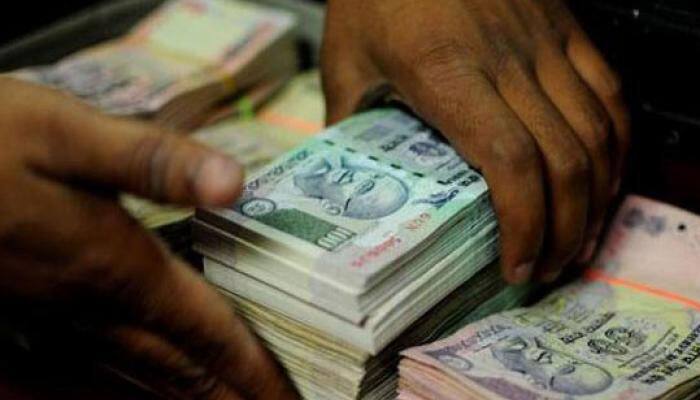New Delhi: The Fugitive Economic Offenders Bill aimed at preventing culprits from evading the legal process and fleeing the country was on Wednesday passed by the Rajya Sabha.
The Bill was passed by the Lok Sabha last week.
Here are the highlights of the Bill and Ordinance
- The Bill allows for a person to be declared as a fugitive economic offender (FEO) if: (i) an arrest warrant has been issued against him for any specified offences where the value involved is over Rs 100 crore, and (ii) he has left the country and refuses to return to face prosecution.
- To declare a person an FEO, an application will be filed in a Special Court (designated under the Prevention of Money-Laundering Act, 2002) containing details of the properties to be confiscated, and any information about the person’s whereabouts. The Special Court will require the person to appear at a specified place at least six weeks from issue of notice. Proceedings will be terminated if the person appears.
- The Bill allows authorities to provisionally attach properties of an accused, while the application is pending before the Special Court.
- Upon declaration as an FEO, properties of a person may be confiscated and vested in the central government, free of encumbrances (rights and claims in the property). Further, the FEO or any company associated with him may be barred from filing or defending civil claims.
Key Issues and Analysis
- Under the Bill, any court or tribunal may bar an FEO or an associated company from filing or defending civil claims before it. Barring these persons from filing or defending civil claims may violate Article 21 of the Constitution i.e. the right to life. Article 21 has been interpreted to include the right to access justice.
- Under the Bill, an FEO’s property may be confiscated and vested in the central government. The Bill allows the Special Court to exempt properties where certain persons may have an interest in such property (e.g., secured creditors). However, it does not specify whether the central government will share sale proceeds with any other claimants who do not have such an interest (e.g., unsecured creditors).
- The Bill does not require the authorities to obtain a search warrant or ensure the presence of witnesses before a search. This differs from other laws, such as the Code of Criminal Procedure (CrPC), 1973, which contain such safeguards. These safeguards protect against harassment and planting of evidence.
- The Bill provides for confiscation of property upon a person being declared an FEO. This differs from other laws, such as CrPC, 1973, where confiscation is final two years after proclamation as absconder.
(Highlights and Analysis text courtesy: prsindia.org)
Zee News App: Read latest news of India and world, bollywood news, business updates, cricket scores, etc. Download the Zee news app now to keep up with daily breaking news and live news event coverage.
















